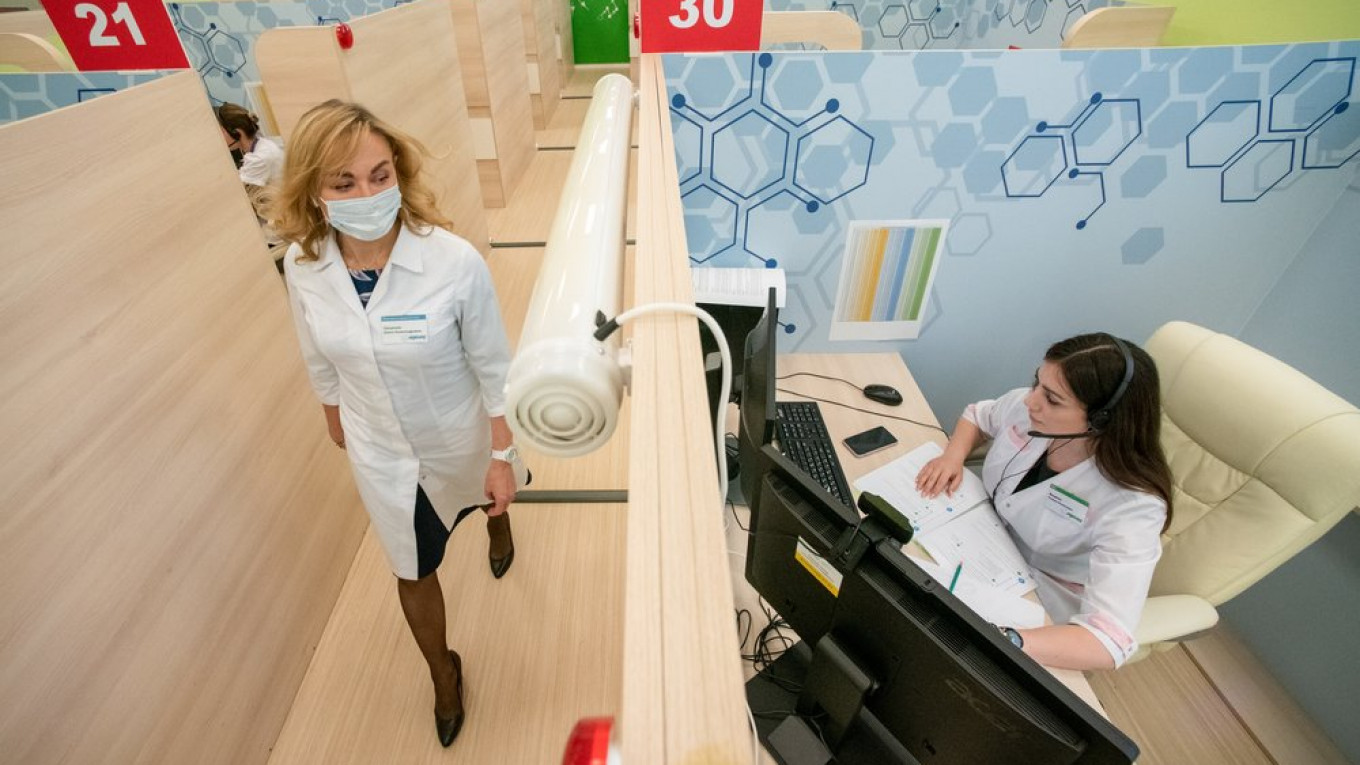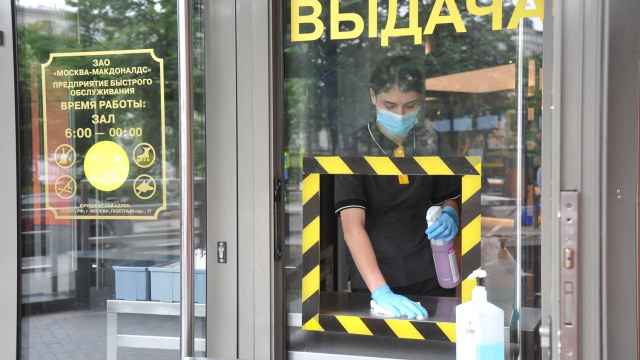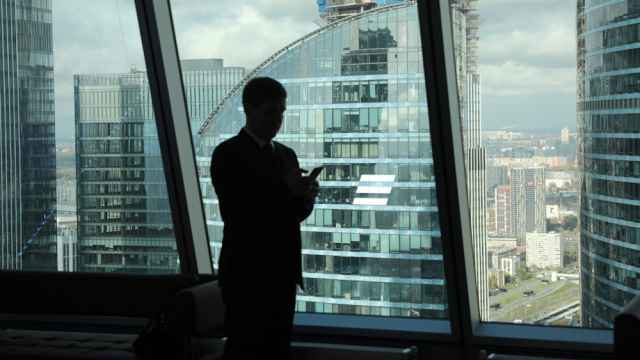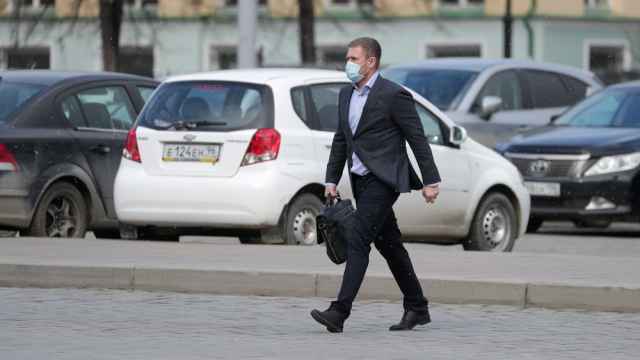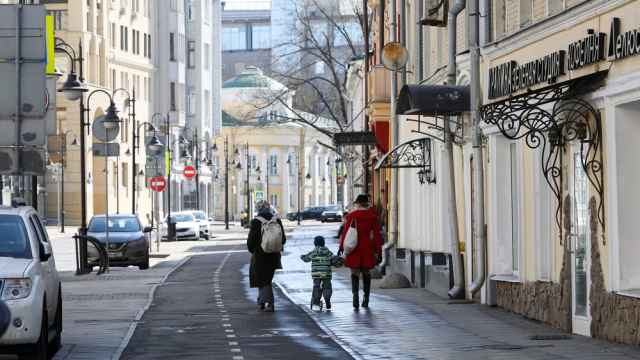Hundreds of thousands of Moscow’s small businesses are unable to comply with new restrictions introduced by Mayor Sergei Sobyanin to contain the second wave of the coronavirus.
Sobyanin has ordered the capital’s employers to ensure at least 30% of their staff are working remotely in an attempt to limit movement around the Russian capital, home to some 13 million people.
But a survey of 300 businesses in Moscow found only 50% are able to meet the requirement, while others operating in sectors like construction, manufacturing, healthcare, retail and catering are finding it impossible to stick to the rules. Of the firms who were able to meet the requirements, most had still not brought employees back to the office following the initial outbreak of the pandemic, raising questions about how effective the policy will be at containing the spread of the virus.
Sobyanin has called this a “decisive week” in the capital’s fight against a second wave. He has warned continued growth in cases could lead to tougher restrictions. Federal authorities have pushed back against the idea of a stricter lockdown, even as Russia is reporting record levels of daily infections and Moscow has seen thousands of Covid-19 hospitalizations over the last week.
Businesses say they also face technical and legal obstacles to complying with the mayor’s work-from-home order.
Under the new rules, firms must submit to City Hall the names, phone numbers, car registration numbers and public transport card details of staff working from home. The details must be submitted electronically using a verified corporate digital signature. But daily business paper Vedomosti reported Tuesday that as many as four in five firms based in Moscow don’t have a certified digital signature, which can cost around 4,000 rubles ($52) to officially register. That leaves them exposed to possible fines for not being able to submit the information in the correct format.
Lawyers also told the paper that businesses cannot force staff to share the required information, such as their phone number, which is classified as personal data in Russia, meaning individuals have a legal right not to share it. This could put firms in an impossible paradox if staff refuse to supply details which businesses are obliged to report to the authorities.
Russia’s small and medium-sized businesses have repeatedly complained that the government has overlooked them in its economic response to the virus. A survey for the World Bank found that less than 30% of them had received any kind of government support since the start of the pandemic, that they were more exposed to sectors which suffered a sharp downturn, less exposed to sectors like technology and healthcare which have performed strongly and significantly less likely to be able to send staff to work remotely than their larger counterparts.
A Message from The Moscow Times:
Dear readers,
We are facing unprecedented challenges. Russia's Prosecutor General's Office has designated The Moscow Times as an "undesirable" organization, criminalizing our work and putting our staff at risk of prosecution. This follows our earlier unjust labeling as a "foreign agent."
These actions are direct attempts to silence independent journalism in Russia. The authorities claim our work "discredits the decisions of the Russian leadership." We see things differently: we strive to provide accurate, unbiased reporting on Russia.
We, the journalists of The Moscow Times, refuse to be silenced. But to continue our work, we need your help.
Your support, no matter how small, makes a world of difference. If you can, please support us monthly starting from just $2. It's quick to set up, and every contribution makes a significant impact.
By supporting The Moscow Times, you're defending open, independent journalism in the face of repression. Thank you for standing with us.
Remind me later.


